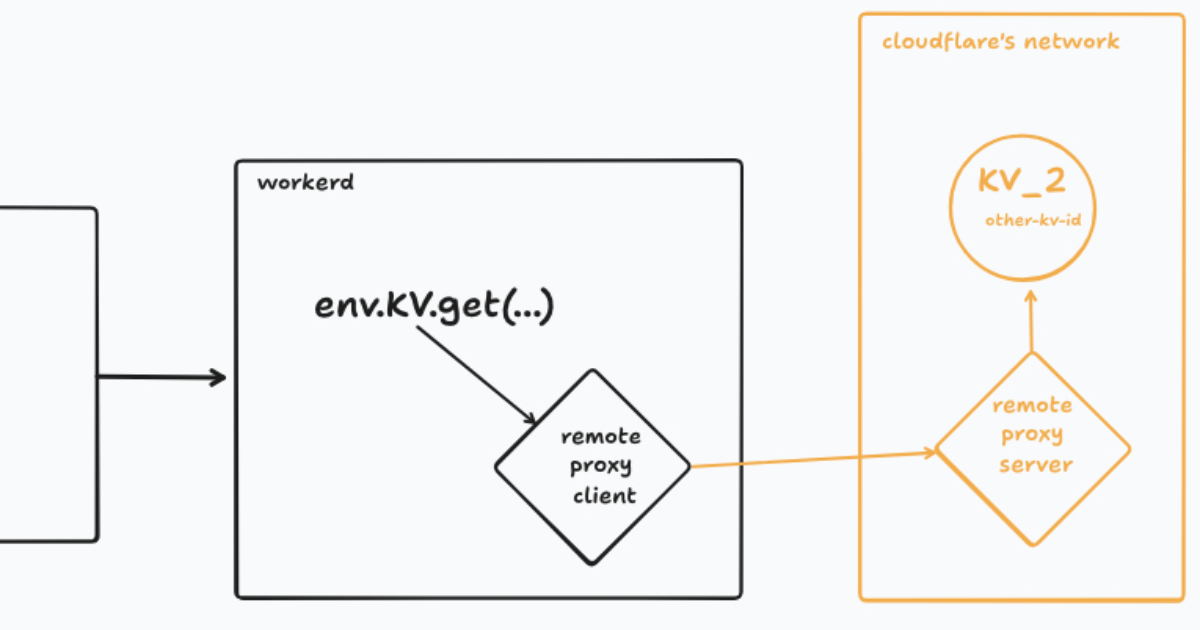Codetown
Codetown ::: a software developer's community
Job Seekers Targeted By Identity Thieves
Fake job ads are up 345% over the past three years, according to one U.K. financial security association.
By Thomas Claburn
InformationWeek
March 5, 2009 10:00 AM
Job seekers beware. Identity thieves are looking to steal personal information from those searching for employment.
Fake job ads are up 345% over the past three years, according to the U.K. Association for Payment Clearing Services, and the Identity Theft Resource Center (ITRC) warns that would-be workers should be careful about providing personal information to purported employers.
Microsoft (NSDQ: MSFT) on when to go OneCare versus Forefront The ITRC offers seven tips to help job seekers avoid being scammed:
1. Protect your Social Security number. Don't put it on your resumé and only provide it to a company when you're convinced you're a serious prospect for a legitimate job.
2. Consider creating an e-mail account specifically for your job search. This can help limit possible damage from spam, phishing, and other e-mail scams.
3. Look into companies that place job ads by researching them with the Better Business Bureau or through a state database. Anyone can create a Web site.
4. Avoid any Web site that asks you to preregister using your Social Security number, home address, or driver's license number. You should also be suspicious of sites that ask for payment to view job listings.
5. Make sure your computer security software and settings are up to date before sending out resumés and job-related e-mail. Phishers and scammers look for job seekers to bait with fake job offers because they're receptive opening messages and clicking on links.
6. Make sure your contact at a company actually works there and watch for signs that something isn't right, like an e-mail address that's inconsistent with the company's Web site address.
7. Be wary of common job scams. Jobs that require you to cash checks for a company or open a bank account, known as "money mule scams," could leave you open to charges of money laundering.
The ITRC offers additional tips for avoiding identity theft while searching for a job at its Web site.
Notes
Welcome to Codetown!
 Codetown is a social network. It's got blogs, forums, groups, personal pages and more! You might think of Codetown as a funky camper van with lots of compartments for your stuff and a great multimedia system, too! Best of all, Codetown has room for all of your friends.
Codetown is a social network. It's got blogs, forums, groups, personal pages and more! You might think of Codetown as a funky camper van with lots of compartments for your stuff and a great multimedia system, too! Best of all, Codetown has room for all of your friends.
Created by Michael Levin Dec 18, 2008 at 6:56pm. Last updated by Michael Levin May 4, 2018.
Looking for Jobs or Staff?
Check out the Codetown Jobs group.
InfoQ Reading List
Cloudflare Introduces Remote Bindings for Local Development

Cloudflare recently announced the general availability of remote bindings for local development. Remote bindings let developers connect to production, deployed resources in their Cloudflare account, rather than using local simulations.
By Renato LosioAWS Distributed Tracing Service X-Ray Transitions to OpenTelemetry

AWS recently announced that AWS X-Ray is transitioning to OpenTelemetry as its primary instrumentation standard for application tracing, with the AWS X-Ray SDKs and Daemon moving to maintenance mode.
By Renato LosioDocker Releases Desktop 4.50, Adds Free Debugging Tools and AI-Native Enhancements

Docker recently announced the release of Docker Desktop 4.50, marking another update for developers seeking faster, more secure workflows and expanded AI-integration capabilities.
By Craig RisiAzure Virtual Desktop Goes Fully Hybrid with Arc-Enabled Servers

Microsoft's Azure Virtual Desktop (AVD) now supports hybrid environments, enabling on-premises Arc-Enabled Servers to act as session hosts. This integration enables customers to run virtual desktops in their data centers while leveraging cloud management tools. The update enhances flexibility, compliance, and operational integrity across various industries.
By Steef-Jan WiggersKubernetes Community Retires Popular Ingress NGINX Controller

The Kubernetes SIG Network and the Security Response Committee has announced the retirement of Ingress NGINX, one of the most widely deployed ingress controllers in the ecosystem. Best-effort maintenance will continue until March 2026, after which there will be no further releases, bug fixes, or security updates, according to an announcement made at Kubecon NA 2025.
By Matt Saunders
© 2025 Created by Michael Levin.
Powered by
![]()
You need to be a member of Codetown to add comments!
Join Codetown